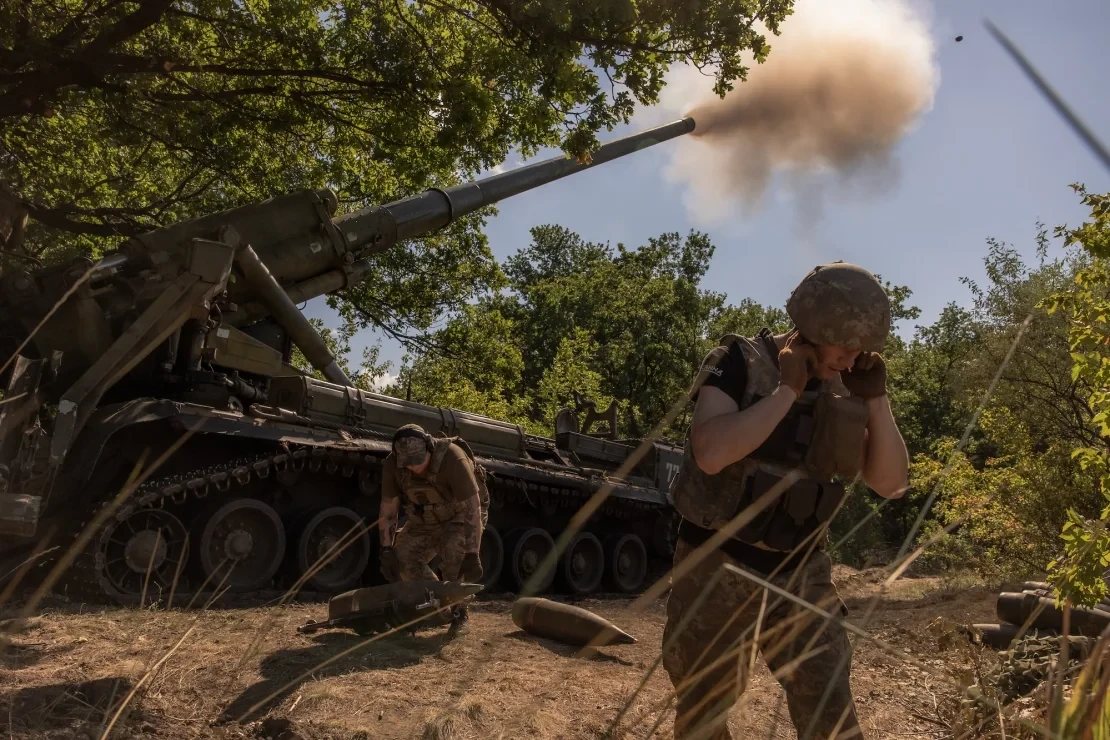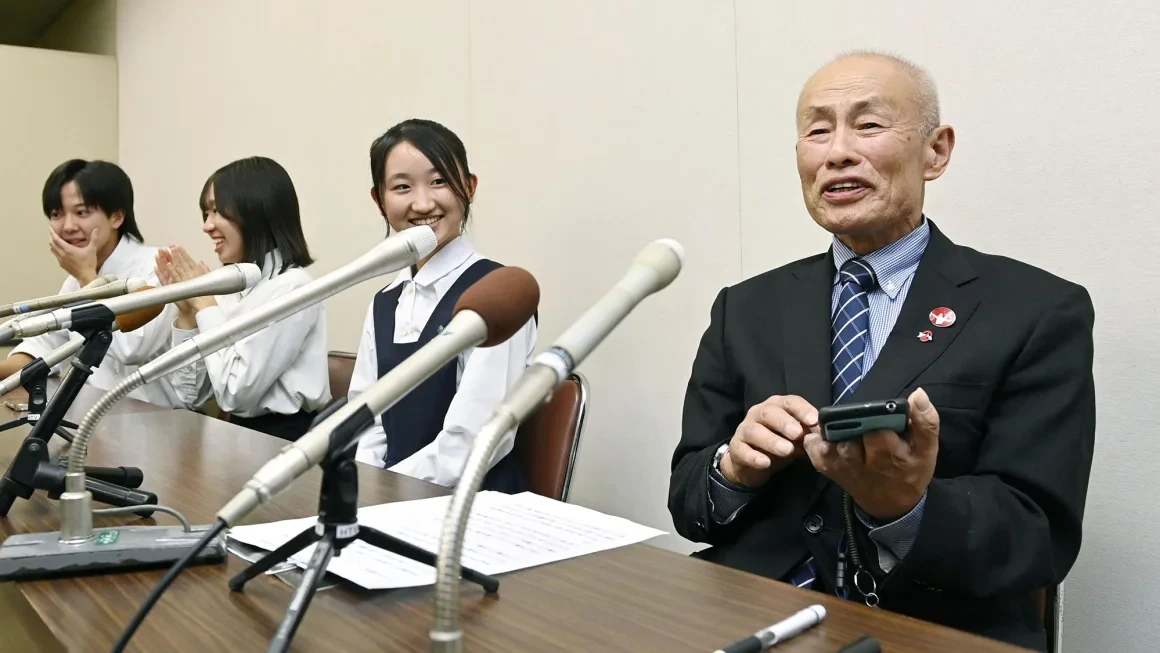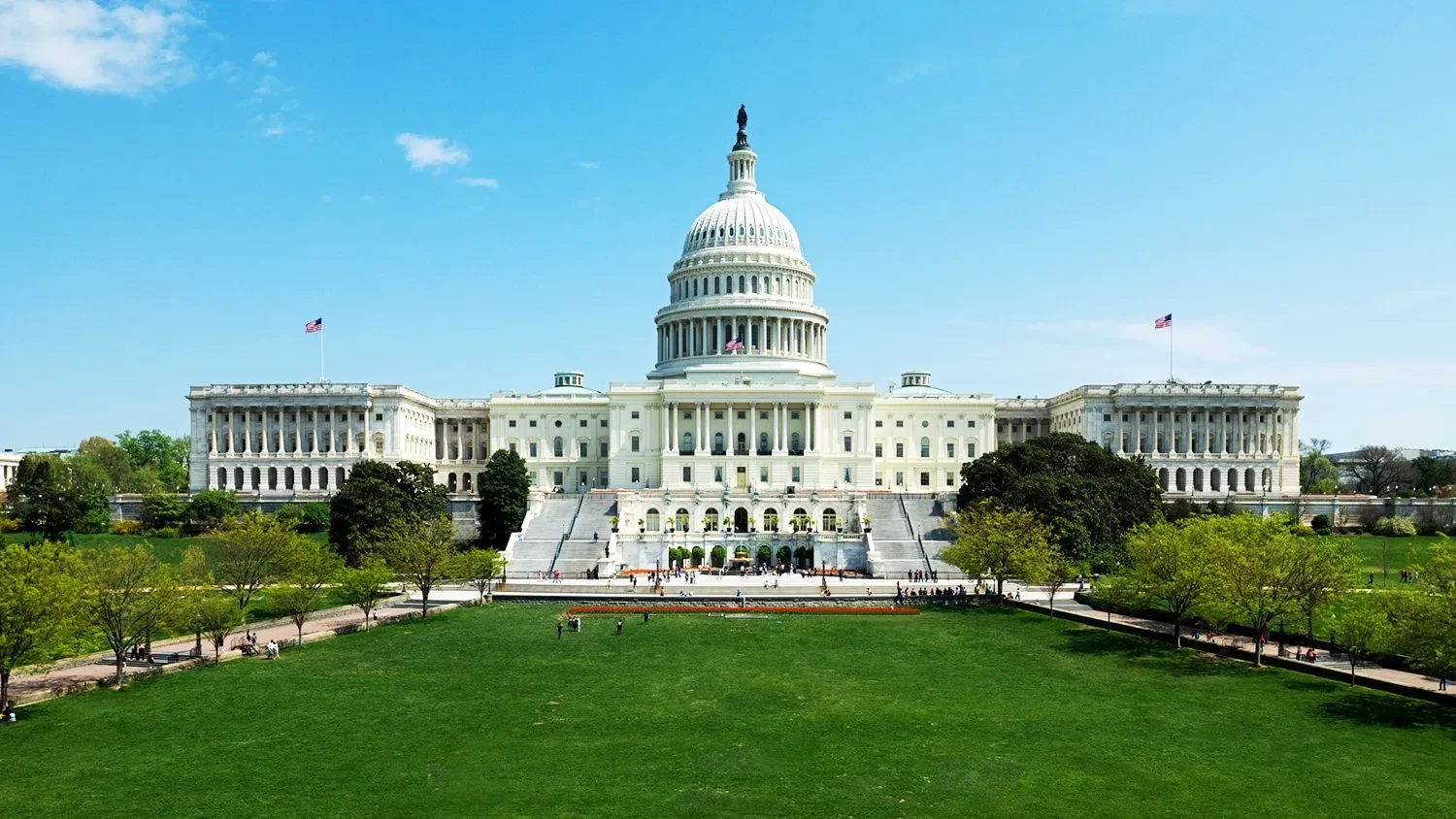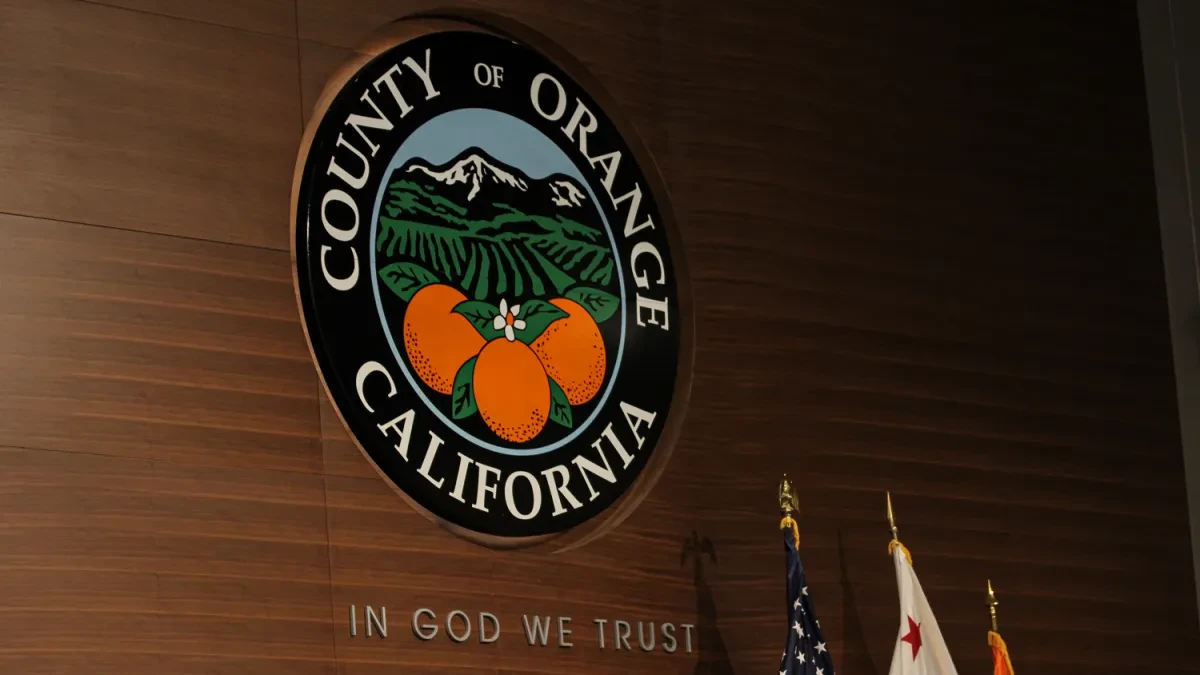
The Kremlin leader, for example, responded to a query from NBC’s Keir Simmons, who inquired whether the disheartening foreign-policy failures such as the downfall of Syrian President Bashar al-Assad's regime, which he recently sought shelter in Russia, indicated that he would be negotiating from a standpoint of vulnerability.
Putin’s reply was: “We entered Syria a decade ago to avert the establishment of a terrorist stronghold there, akin to what was observed in certain other countries, for instance, Afghanistan. We have largely accomplished that objective. ”
Despite the downfall of the Assad regime, Russia continues to possess some diplomatic influence in the Middle East.
Hanna Notte, the Eurasia program director at the James Martin Center for Nonproliferation Studies, which is a US non-profit organization, remarked that Russia retains “bargaining chips” concerning Syria, which include Moscow’s position as a permanent member of the United Nations Security Council.
“Russia’s function on the UN Security Council – where it can either exercise its veto or abstain – holds significance for HTS (Syria’s de facto rulers Hayat Tahrir Al-Sham) relating to the various processes tied to the legitimization of a new Syrian government,” she stated. “Any processes that pertain to, at this point, a political transition in a post-Assad era, if the United Nations is engaged, I believe you would prefer not to have the Russians on the opposing side of this. ”










